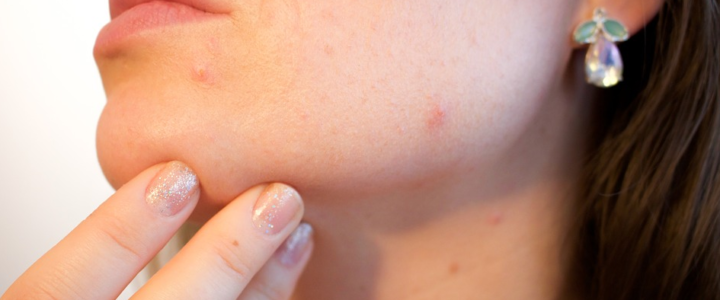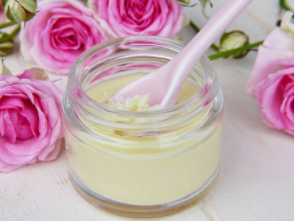Several conditions may affect the skin. These include psoriasis, skin cancer, seborrheic dermatitis, eczema, and acne. Acne has been defined as the inflammatory condition of the skin which is chronic. These inflammations result in pimples and spots on the upper arms, neck, chest, back, shoulders and the face. There are different types of acne such as nodules, pimples, blackheads, whiteheads, and cysts.
Common Causes of Acne
 The human skin is made of pores which lead to the oil glands. Connecting the glands to the pores are the follicles. The hair follicles are shaped like sacs and from where the liquid is produced and secreted.
The human skin is made of pores which lead to the oil glands. Connecting the glands to the pores are the follicles. The hair follicles are shaped like sacs and from where the liquid is produced and secreted.
When the follicles are blocked, and there is a build-up of oil beneath the skin, the pimples grow. Other causes of acne are hormonal factors, cosmetics that are greasy, menstruation, stress, and medication which has elements of lithium and androgen.
Treating Mild Acne
Mild acne is mostly blackheads and bumps. They are neither widespread nor inflamed though you may have a pustule or papule. Secondly, mild acne is not characterized by blemishes that are deep-seated. Mild acne is treated using medications that are dispensed over the counter.
Such medications include creams, pads, soaps, gels, and lotions. Application to the skin is enough. All the medications dispensed over the counter should contain these active ingredients: Azelaic acids, Sulfur, Retin-A, Benzoyl peroxide, Resorcinol and Salicylic acid.
Treating Moderate and Severe Acne
- Oral antibiotics – Normally prescribed for patients whose acne is moderate to severe. The prescription can take even six months. The antibiotics are supposed to reduce the number of acne. A dermatologist will start the patient on a very high dosage and then gradually reduce. Antibiotics are used to fight bacteria’s growth and also reduce the acne inflammation. Tetracycline and Erythromycin are commonly used.
- Injection – When the acne cyst inflames severely, they rupture. This leads to scarring of the skin. Corticosteroid which is dilute is injected into the inflamed cyst. This reduces inflammation, scarring is prevented, and healing is speeded up. The cyst is expected to break after one or two days.
 Topical Antimicrobials – Ideal for patients who are suffering from moderate acne to severe ones. Common topical antimicrobials include Sodium sulfacetamide and clindamycin. Dermatologists may, as an alternative, go for topical retinoid which is Vitamin A derivative to help unclog the acne pores and stop whiteheads from growth and development of blackheads.
Topical Antimicrobials – Ideal for patients who are suffering from moderate acne to severe ones. Common topical antimicrobials include Sodium sulfacetamide and clindamycin. Dermatologists may, as an alternative, go for topical retinoid which is Vitamin A derivative to help unclog the acne pores and stop whiteheads from growth and development of blackheads.- Isotretinoin – Ideal for patients with cystic acne that is severe. This acne is not also responding to other treatments and medications. It is administered orally.
Conclusion
Finally, some medications may have side effects that are serious, and dermatologists are encouraged to ask patients to sign consent forms.…


 Topical Antimicrobials – Ideal for patients who are suffering from moderate acne to severe ones. Common topical antimicrobials include Sodium sulfacetamide and clindamycin. Dermatologists may, as an alternative, go for topical retinoid which is Vitamin A derivative to help unclog the acne pores and stop whiteheads from growth and development of blackheads.
Topical Antimicrobials – Ideal for patients who are suffering from moderate acne to severe ones. Common topical antimicrobials include Sodium sulfacetamide and clindamycin. Dermatologists may, as an alternative, go for topical retinoid which is Vitamin A derivative to help unclog the acne pores and stop whiteheads from growth and development of blackheads.